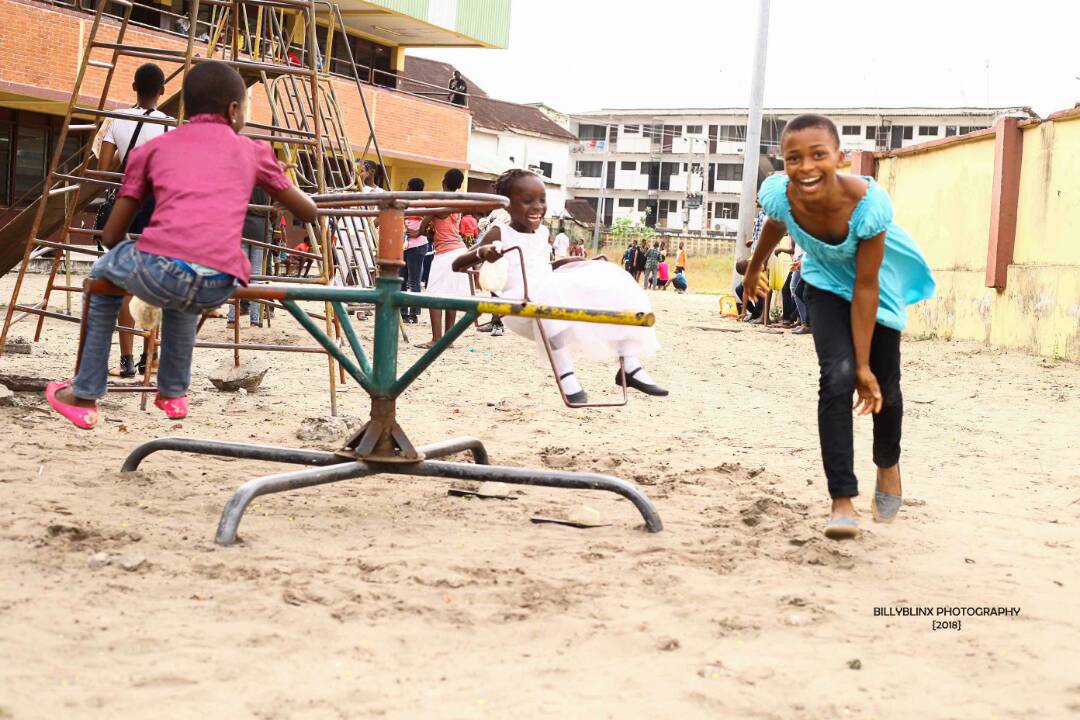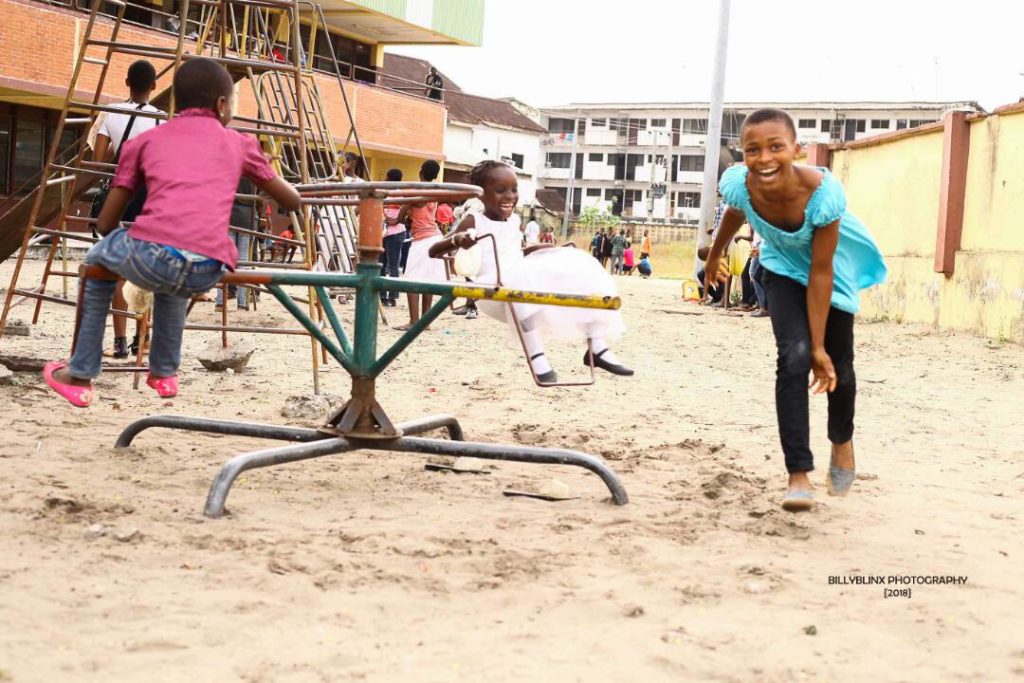Play And Children’s Learning Abilities

Play And Children’s Learning Abilities
Everyone can agree that children can be a handful. The tiny creatures can barely stay still. It makes one wonder how it is possible for so much energy to be stored in those tiny bodies. Some African parents worry that children who play “too much” might play “their brains away” and consequently restrict their playtime to the barest minimum.

Play is an undeniably integral part of a growing child’s life and while play might be interpreted, by some people, as mere running and jumping around, play can take on different forms and can be leveraged upon. From earlier years, children begin to notice colors, and sounds and they begin to distinguish objects in their environment using these parameters and they develop a learning system using sensory motor experiences. In simpler terms, they learn by engaging with their environment using all their senses but most especially their senses of touch and sight. Therefore, if study activities are constructed in a format that seems exciting and active to children, they would be more inclined to want to participate in it, thereby striking a healthy play and study balance. However, apart from this, it is important to let children explore on their own amongst their peers.

Play has the potential of developing children in the following areas;
- Major contributor to a child’s all round development: Research has shown that play is a major contributor to the development of children’s cognitive, physical, and social functions. It also improves the all-round growth of their cerebral cortex.
- Creates avenues for creativity: Exploring other benefits of play in building a well-rounded child more expansively, you will find that play helps children develop interest and passion for creativity and creative problem-solving skills.
- Boost their memory: Play also improves their ability to remember, think, and reason. Their ability to create make-believe scenarios also helps with improving their intuition.
- Enhances Interpersonal skill: As mentioned earlier, play helps children grow healthy social skills, their ability to communicate, and team up. When children play together, sometimes, they assign each other roles where each person has to stick to a certain set of activities in sync with the other members of the team.
- Ability to follow laid down rules: Games come with rules so when children play games, they learn the importance of rules and how to obey said rules.
At this juncture, after perusing through these few benefits of play, it is safe to say, All work and no play will make Jack learn slower than he ought to.

